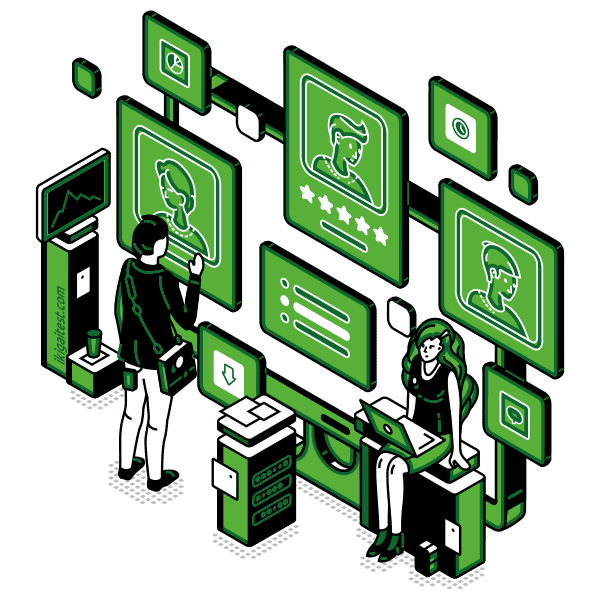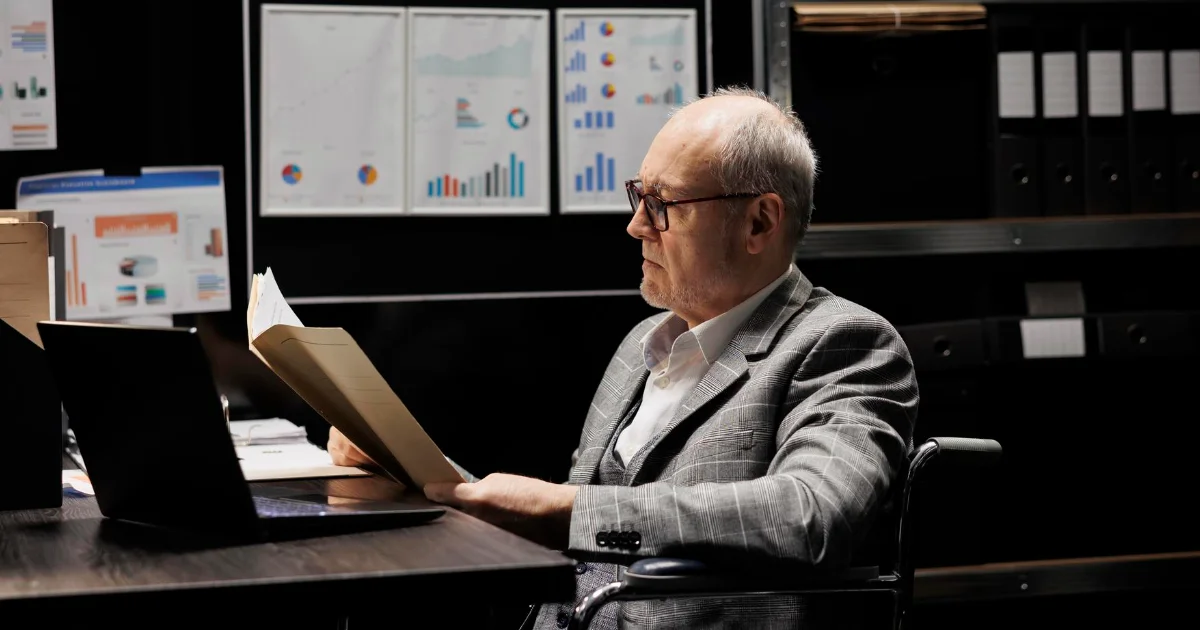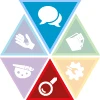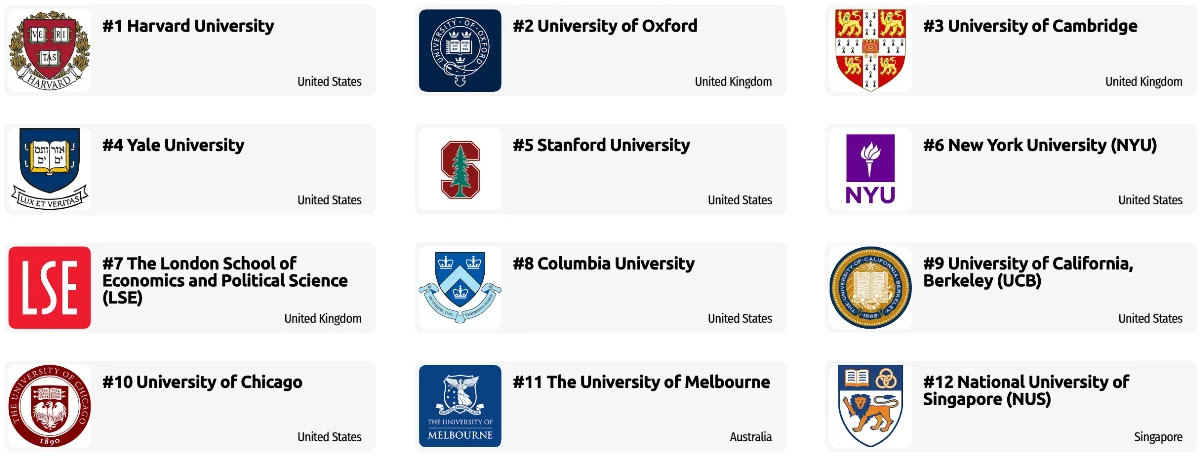Inspector

Inspectors should be great at:
- Estimating sizes, distances, and quantities; or determining time, costs, resources, or materials needed to perform a work activity.
- Observing, receiving, and otherwise obtaining information from all relevant sources.
- Identifying information by categorizing, estimating, recognizing differences or similarities, and detecting changes in circumstances or events.
- Inspecting equipment, structures, or materials to identify the cause of errors or other problems or defects.
Administrator

Any administrator should excel at:
- Providing information to supervisors, co-workers, and subordinates, as well as communicating with people outside the organization, representing the organization to customers, the public, government, and other external sources. This information can be exchanged in person, in writing, or by telephone or e-mail.
- Maintaining information files and processing paperwork.
- Recruiting, interviewing, selecting, hiring, and promoting employees in an organization, and getting them to work together to accomplish tasks by encouraging and building mutual trust, respect, and cooperation.
Other work activities related to Fraud examiners, investigators and analysts
- Maintaining knowledge of current events and trends in such areas as money laundering and criminal tools and techniques.
- Training others in fraud detection and prevention techniques.
- Researching or evaluating new technologies for using in fraud detection systems.
- Preparing evidence for presentation in court.
- Obtaining and serving subpoenas.
- Negotiating with responsible parties to arranging for recovery of losses due to fraud.
- Conducting field surveillance to gathering case related information.
- Testifying in court regarding investigation findings.
- Advising businesses or agencies on ways for improving fraud detection.
- Reviewing reports of suspected fraud for determining need for further investigation.
- Preparing written reports of investigation findings.
- Recommending actions in fraud cases.
- Leading, or participating in, fraud investigation teams.
- Interviewing witnesses or suspects and taking statements.
- Designing, implementing, or maintaining fraud detection tools or procedures.







